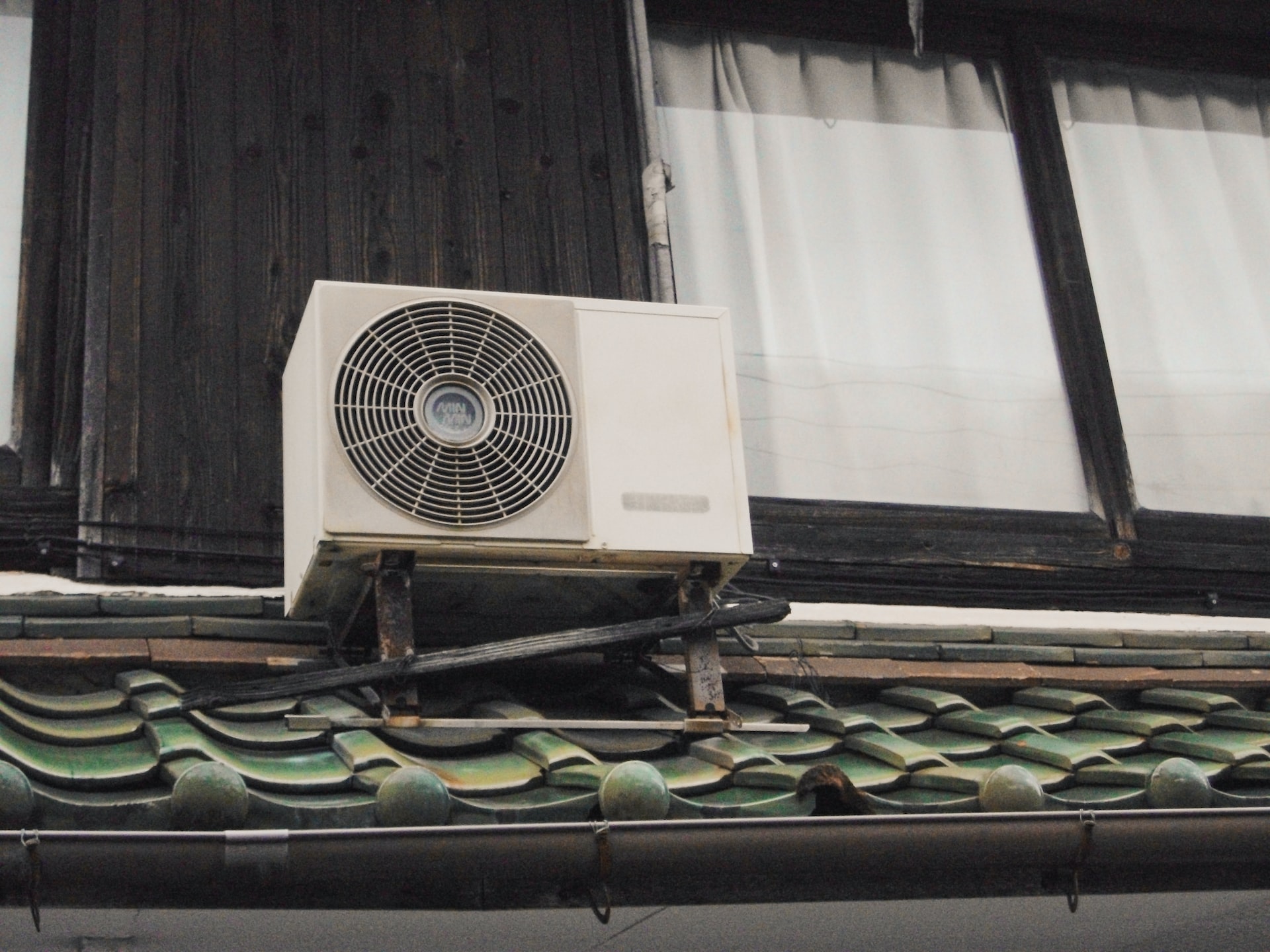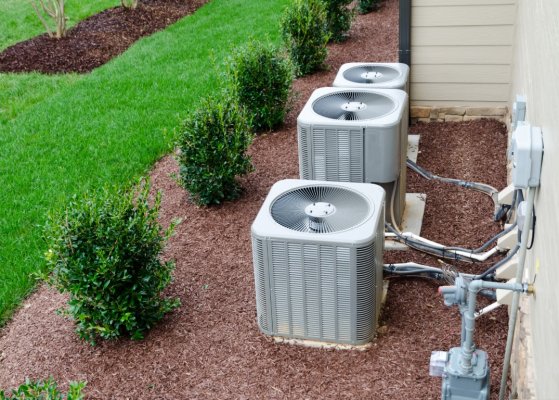Your home’s HVAC system is one of the essential pieces of equipment you have. It keeps you comfortable all year long, and if it breaks down, it can be expensive to repair. That’s why taking care of your HVAC system and keeping it in good working order is essential. At the same time, you don’t want to overspend on maintenance, so here are some tips for maintaining your HVAC system without breaking the bank.

It would be best if you also planned to have your HVAC system serviced by a professional regularly. Most manufacturers recommend annual maintenance, but you may want to do it more often, depending on the age and condition of the system.
During maintenance, the technician will check all components, inspect and adjust settings, lubricate moving parts, and look for any signs of wear or damage. This is a great time to catch minor problems before they become major issues that can be expensive to fix.
If you plan to do the maintenance yourself, follow the manufacturer’s instructions carefully and wear protective gear such as gloves, goggles, and a dust mask.
Your HVAC system has a filter that catches dust and other particles before they are recirculated throughout your home. This filter needs to be replaced regularly to keep your system running efficiently.
How often you need to replace the filters depends on your system and how much air is being circulated, but as a general rule of thumb, plan to change the filter every three months. Remember to check your filter regularly and replace it when it looks dirty or clogged.
Many filters are reusable these days, so you can clean them and put them back in after a few weeks. Whether using disposable or reusable filters, follow the manufacturer’s instructions for cleaning and replacement.
Consider investing in an air purifier for your HVAC system, which can help reduce dust and other air particles. These systems can be effective at reducing allergens and can help prolong the life of your filter. But when do you need a HEPA air purifier in your house? Reading resourceful articles or speaking to an HVAC specialist will help you to determine if an air purifier is right for your home. Also, the particulate matter in your air will determine if you need one.
Your HVAC’s evaporator coils are responsible for cooling the air that comes into your home. Over time, these coils can become clogged with dirt and debris, which can decrease their efficiency and cause the system to overheat.
To prevent this, clean your coils regularly with a soft brush or cloth. You can also use a vacuum cleaner with an attachment hose to get into hard-to-reach places. Once you’ve brushed away the dirt and debris, use a mild detergent and warm water to clean the coils.
Also, you should check your HVAC’s condensate drain line. If this line isn’t draining correctly, it can cause water buildup and mold growth. Cleaning the drain line is relatively simple – use a wet/dry vacuum or a small plunger to force any debris out of the line.
Every room in your home has a register or vent that helps circulate air from the HVAC system. If these vents and registers get blocked, it can cause air circulation problems and even damage the HVAC system.
Ensure all your vents are clear of furniture, carpets, rugs, toys, clothes, and other items. You should be able to see the vents without any obstructions. If something blocks a vent or register, move it away so the air can flow freely.
If you have pets, regularly brush and groom them away from the vents. Pet hair can easily clog the system’s filters, reducing airflow and making it harder for your HVAC system to do its job.
You may need to block a vent or register, such as during the winter when you’re trying to keep one room warmer than the rest of the house. In those cases, use an adjustable vent cover that can be opened and closed as needed.
Your HVAC system needs electricity, so you should check the wiring periodically to ensure everything is in working order. This includes the thermostat, blower motor, condenser fan motor, and other components.
If you’re not comfortable doing this yourself, it’s best to have a professional do it for you. An HVAC technician can inspect the wiring, ensure it’s secure and properly connected, and look for signs of wear or damage.
Sometimes, a professional may find the wiring faulty and needs to be replaced. It’s essential to get this taken care of immediately, as any problems with the wiring can cause short circuits or worse.
Checking these levels regularly will help you ensure that your unit is running optimally and alert you to any problems that may be developing. Use a thermometer and hygrometer to measure indoor temperatures and humidity levels.
It’s preferable to keep the temperature in your home between 68-72 degrees Fahrenheit (20-22 degrees Celsius), and humidity levels should be between 40-50%. If either is outside the recommended range, you may need to adjust your thermostat or have a professional look at your HVAC system.
At the same time, it’s a good idea to check your utility bills. If you notice irregular spikes in usage, it could indicate something is wrong and needs to be fixed. Know that taking the time to maintain your HVAC system properly will save you money in the long run.

Your home’s insulation is vital for keeping your energy costs down and ensuring that your home stays comfortable all year round. Check the insulation around windows, doors, and exterior and interior walls.
If you find that the insulation is inadequate, you should add more. This will help keep your home cool during the summer months and warm during the winter months, allowing your HVAC system to work more efficiently.
These are just a few things you can do to maintain your HVAC system and keep it running smoothly. By following these steps, you’ll ensure that your home stays comfortable year-round and reduce the chances of costly repairs in the future.





